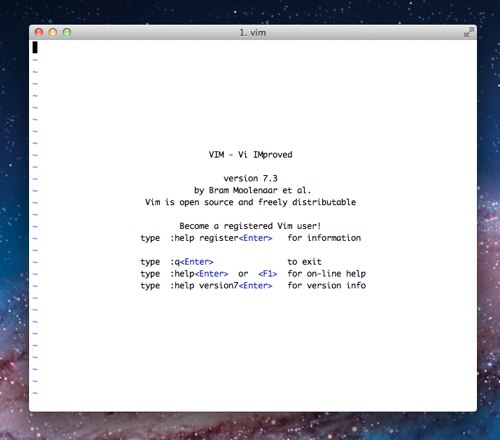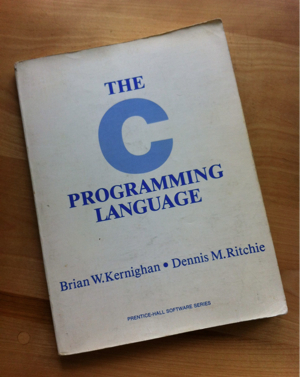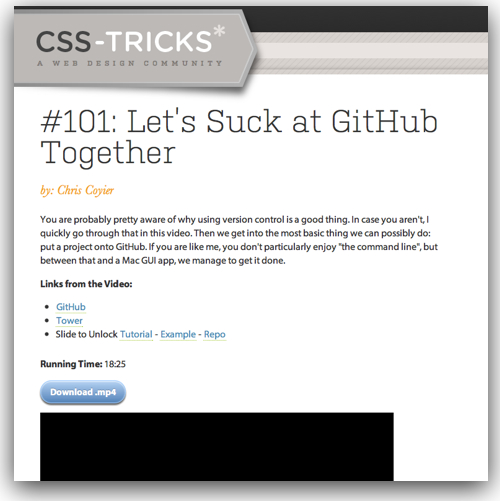
What does Amazon.com do so much better than Google? And why does Amazon do everything “wrong” while Google does everything “right”… yet offer a better platform? How should you construct a “platform” so that everyone can use it?
If you are a developer, IT manager, product manager, system architect, product marketer, CTO or even a CEO, you really need to take a bit to read this “Mother of all Reply-All failures” that was written by Googler Steve Yegge and accidentally posted publicly back on October 12th. Steve pulled down his own posting of the rant, but it was re-posted to Google+ by Rip Rowan and also posted over to Hacker News. The long rant – and the comments on both sites – are worth a read:
It’s a LONG piece that gives some fascinating insight into both Amazon and Google as companies, but also into what it takes to be a “platform”.
A bit later, on October 21st, Steve Yegge posted an update indicating that he did not get fired and in fact people actually listened within Google. He also dove a bit more into Amazon.com and Jeff Bezos. And just this week he wrote a lengthy piece describing how amazing it is to work at Google, explaining a bit more about what he meant in his rant about how Google “does everything right”.
The original platform rant, though, should definitely be on a “must-read” list for people thinking about how their services could really be a “platform”…
P.S. Are we connected on Google+? If not, you can find my Google+ profile and add me to a circle…






 Do you use
Do you use 

